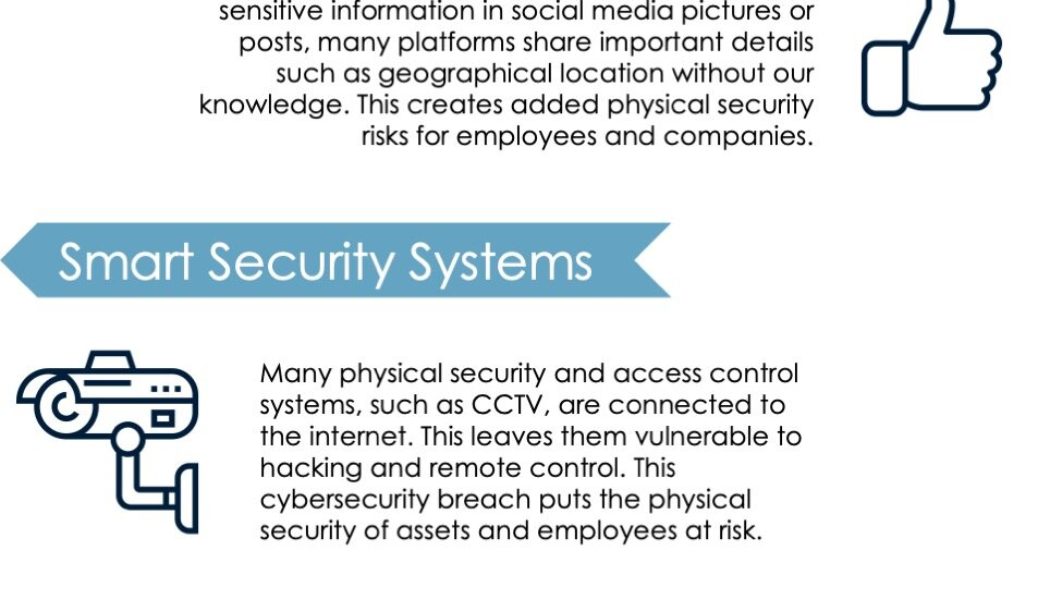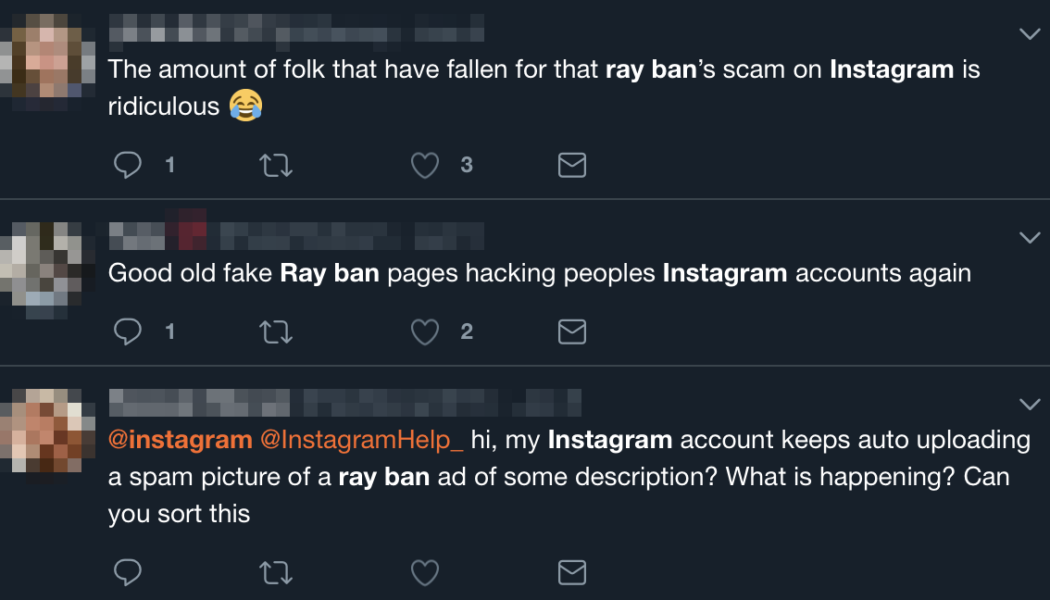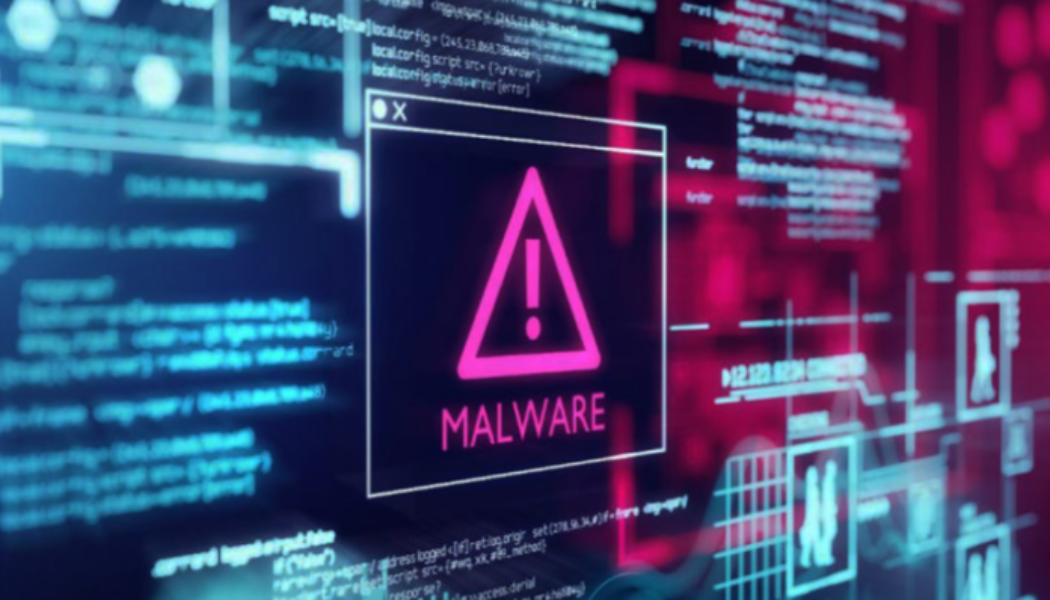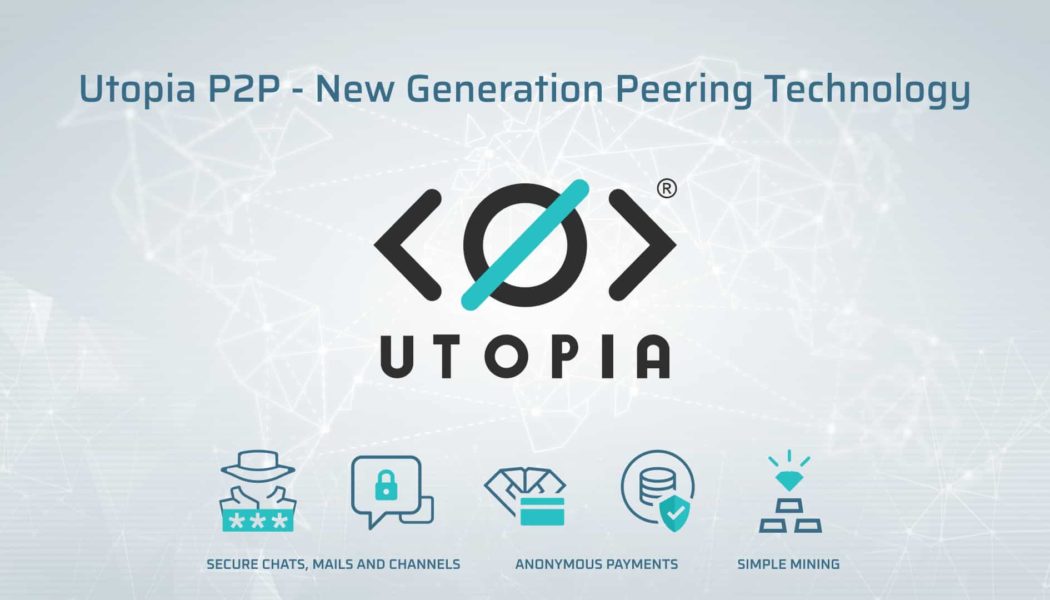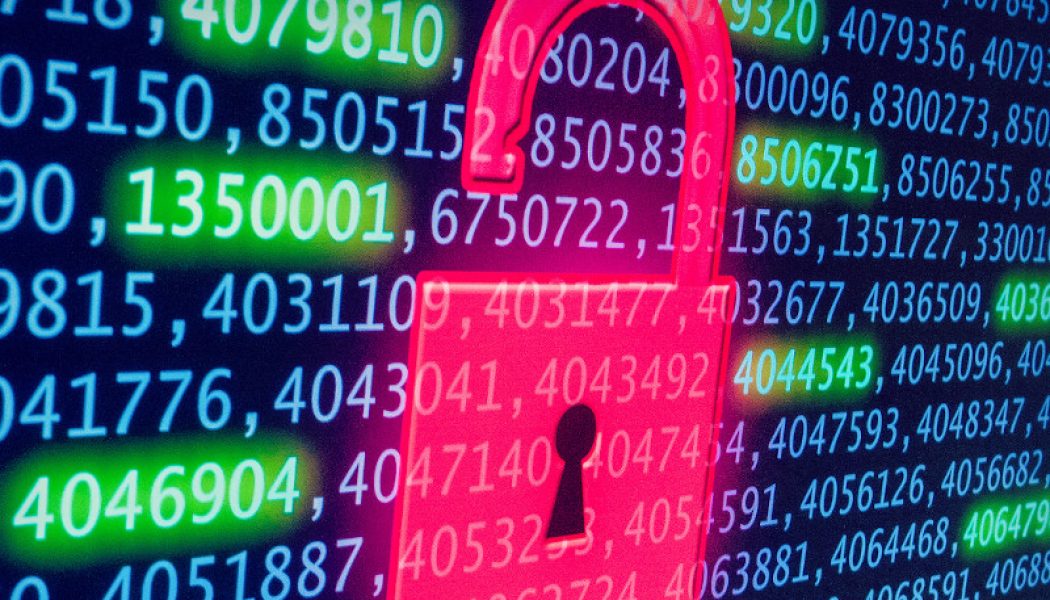Internet security
How to Secure Your Remote Work Environment from Cybersecurity Threats
Sourced from International IDEA Cybersecurity threats are at an all-time high. With organizations increasingly employing hybrid work models, it has become more vital than ever to educate employees on the various cybersecurity risks that come with a distributed work environment. In a hybrid work environment, employees working from home pose a greater security risk compared to those working at the office. Home networks are less secured than corporate networks, unprotected by in-office firewalls and advanced fraud detection systems. In the comfort of one’s home, a small mistake by an employee could potentially risk the company’s confidential data being leaked. However, risks like data leaks and device compromise can be managed by following certain best practices. Here are some of the practice...
The Mobile Malware Scourge Hits SA, Kenya & Nigeria
Internet security provider Kaspersky has blocked more than 206,000 mobile malware attacks across the Middle East, Turkey, and Africa (META) region in just 6-months measured, between January to June 2021. Out of these attacks, a combined 30,000 originated from Nigeria (14,071), Kenya (10,697), and South Africa (5,499), respectively. Significantly, for the African countries monitored, Nigeria only trails Egypt (19,466) by the number of attacks blocked, pointing to how prevalent mobile threats have become in this highly connected country. In fact, Kaspersky’s latest research shows that when looking at the top ten countries by share of users attacked by mobile malware Nigeria places eighth (at 11.76%). Even though Kenya and South Africa might not feature as prominently, the mobile malware thre...
Utopia P2P: How it Works
We, the 1984 Group, have developed a solution the global community has been in desperate need of for decades. In our modern time, which with every passing day seems to more closely resemble the dystopian world Orwell described in his classic novel 1984, a secure communication tool such as Utopia is more essential than ever. To begin, it is worth noting that Utopia is a third-generation peer-to-peer (P2P) network, which means that all nodes connected to the network are equal. A peer-to-peer network is a completely decentralized system without any reliance on central servers. The main advantage of abandoning the client-server architecture is the ability to maintain performance with any arbitrarily large number of network participants. We believe that any central server is a potential threat ...
